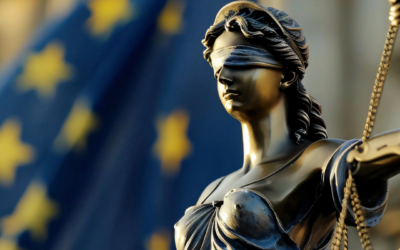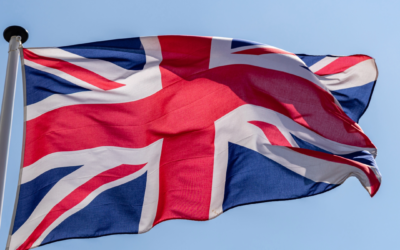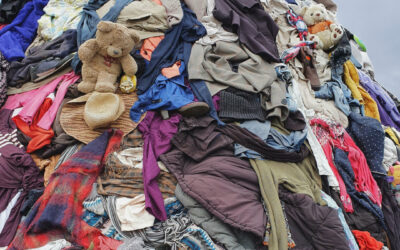Extended producer responsibility for packaging in Denmark: A new chapter begins!

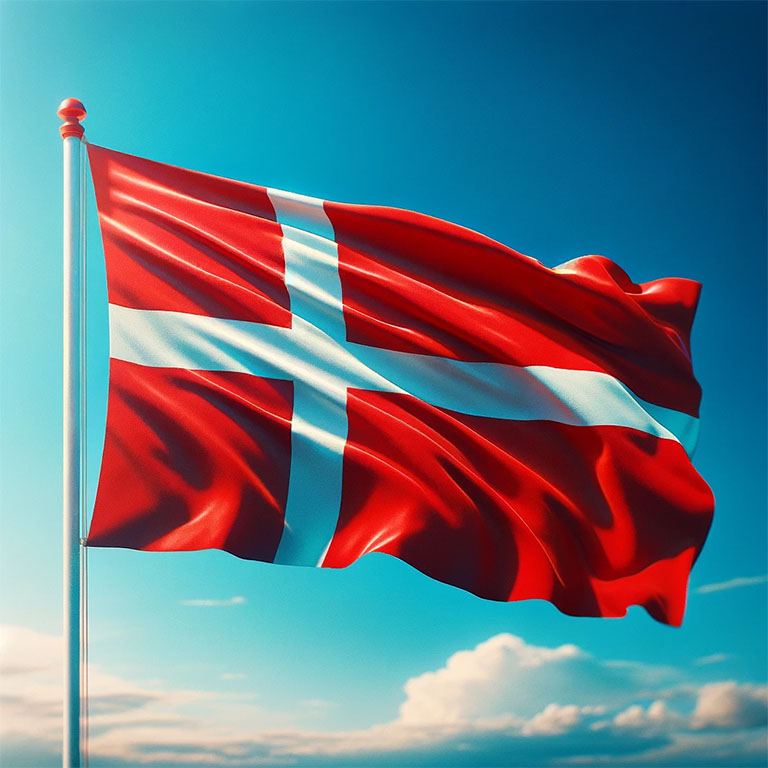

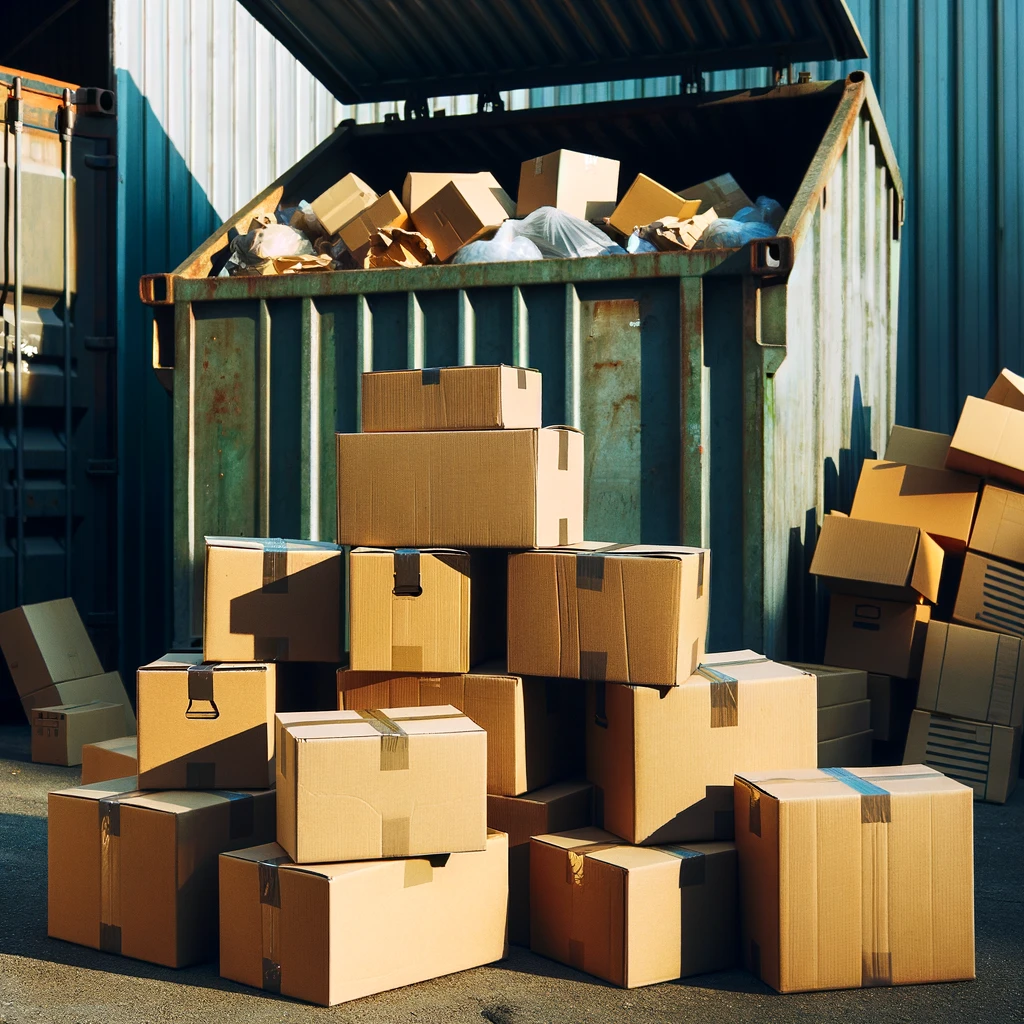
From 1 July 2025, a new era in waste management will be ushered in in Denmark: extended producer responsibility (EPR) for packaging is coming. In concrete terms, this means that from this date, manufacturers will be obliged to ensure that their packaging is recycled. Denmark is the last country in the EU to implement the overarching EU Packaging Directive EU Directive 94/62/EC.
Contents of the new EPR law in Denmark
The Danish parliament has passed the EPR Directive for packaging and single-use plastic products. One major change is the redistribution of costs: what was previously borne by citizens will now be passed on to manufacturers. They will now have to bear the costs of collecting and sorting household waste and participate in programs to reduce packaging waste and promote recycling. It is estimated that around 41,000 companies will be affected by this regulation. In addition, charges will be introduced for the disposal of single-use plastic.
There is some relief for smaller manufacturers: Companies that produce less than 8 tons of packaging per year will have to provide less detailed information. This regulation will be reviewed again in 2027.
Important deadlines for companies
Companies that place packaging on the market in Denmark should take note: Registration in the manufacturer register and the quantity notification must take place between 1 April and 1 September 2024.
Implementation of producer responsibility
Manufacturers can fulfill their responsibility either individually or by participating in collective packaging systems. These systems must cover all types of packaging and operate nationally. The existing Danish system for electronic and battery waste will be extended to also monitor packaging.
The background to the new regulation
This policy decision aims to identify those in the value chain who have the greatest influence on packaging design. It is an important step towards improving waste management and recycling in Denmark and strengthening the circular economy.

LIZENZERO.EU makes packaging compliance in Europe very easy.
Do you ship your products to different countries in the EU? Many different legal requirements and obligations can make the whole thing quite complicated – but don’t worry, we’ll do it for you. How do we do it? With our licensing service, we take over all obligations for you by power of attorney. Sounds good? We’ll be happy to advise you.
For shipping to Germany, you can easily fulfill your packaging obligations yourself via Lizenzero.de.
Europe’s path to a more circular economy: The EU Waste Framework Directive explained
One of the biggest challenges we currently face is the effective management and reduction of waste. The constantly growing population and increasing consumption lead to ever greater quantities of waste, which pollutes our environment. In addition, our natural resources are dwindling. To counteract this problem, the EU Waste Framework Directive has been in place since 2008, which was amended in 2018 and represents a decisive step towards a sustainable circular economy in the EU. This directive sets clear targets and measures to prevent, reduce and optimise the recycling of waste. But what exactly is behind this directive and how is it implemented? In the following article, we take a look at the background and objectives of the EU Waste Framework Directive and highlight the key aspects and challenges involved in its implementation.
EPR regulations in the UK: current obligations for retailers in relation to packaging
Extended Producer Responsibility (EPR) is a European regulation that makes manufacturers, importers and companies responsible for the life cycle of their products and packaging in accordance with the polluter-pays principle. EU countries can interpret the EPR regulations differently, which is why your obligations may vary from country to country. If you are shipping goods to the UK, you should therefore familiarize yourself with the exact regulations in the country in advance in order to avoid sanctions and be compliant. In the following article, we will give you an overview of the current EPR obligations in the UK and take a look at upcoming changes.
Textile EPR in Europe: an opportunity for a greener future in fashion
The textile industry is one of the largest and most influential economic sectors in the world, but also one of the most environmentally damaging. The ever-increasing production of textiles brings with it ecological problems. A sustainable textile industry therefore requires circular solutions in production and recycling. In its EU strategy for sustainable and recyclable textiles, the European Commission presents measures to promote the sustainable handling of textile waste in line with extended producer responsibility (EPR). In the following article, we take a look at the EU’s proposals and the initial implementation of textile EPR in various countries.

